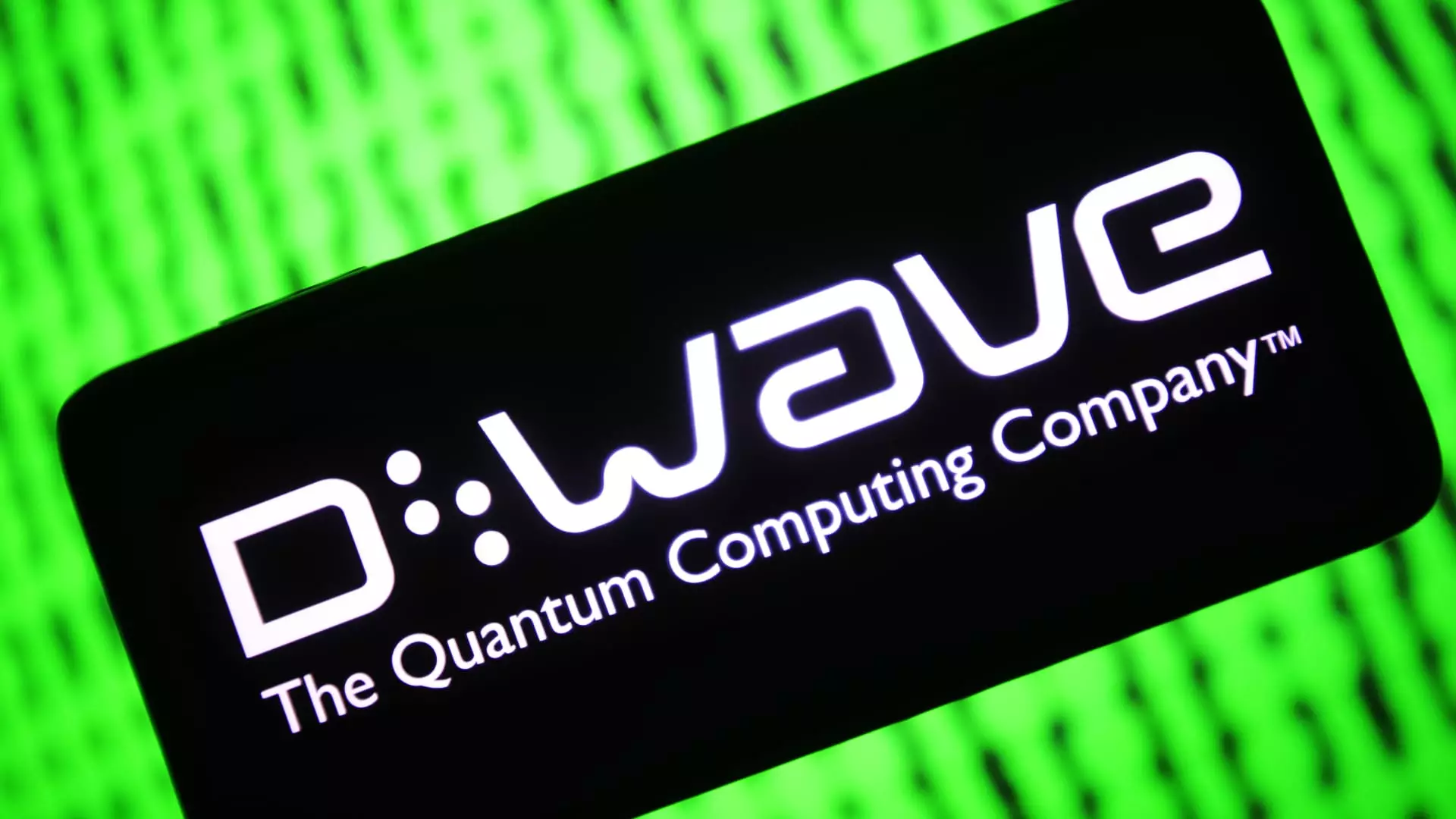On a pivotal Wednesday, the stock market experienced a significant uptick in quantum computing shares, driven largely by a statement from Microsoft urging businesses to become “quantum-ready” by 2025. This assertion by Mitra Azizirad, Microsoft’s president of strategic missions and technologies, heralded what he called the “advent of the reliable quantum computing era.” Such a bold proclamation not only revitalized investor interest but also set the stage for potential advancements in a field often still seen as speculative. The mix of Microsoft’s optimistic message and a general market trend favoring riskier investments—coupled with lower-than-expected core inflation rates for December—created a fertile environment for these stocks to surge.
As anticipated, the response in stock performances was pronounced. Companies like Rigetti Computing and D-Wave Quantum saw price hikes of 13% and 16%, respectively, while IonQ exploded by 26%. The Defiance Quantum and AI ETF also experienced growth, albeit modestly at nearly 2%. This trend reflects a broader resurgence of interest within the technological sector, predominantly fueled by key announcements from influential players like Nvidia, which is scheduled to host a “Quantum Day” at its upcoming GTC conference. This amalgamation of corporate initiatives is indicative of a momentum shift that could permanently alter the landscape of quantum computing.
Despite the current enthusiasm, it’s crucial to temper excitement with caution. Notably, comments from Nvidia’s CEO Jensen Huang earlier this month suggested that practical, usable quantum computers might still be decades away from realization. This sentiment echoed through the industry, as Meta Platforms’ CEO Mark Zuckerberg expressed skepticism that stunted the bullish trajectory seen earlier. Although optimism abounds around the capabilities of quantum technology—promising to address problems that classical computers struggle with—many on Wall Street remain grounded in reality, stressing that tangible applications are yet a distant goal.
While supporters of quantum computing present a compelling case for its ability to process larger datasets and tackle complex problems efficiently, the projections about its widespread use remain overlaid with uncertainty. The disparity between the promise of quantum computing and the practical realization of its applications signals a critical juncture for investors and businesses alike. With Microsoft and others spearheading initiatives to foster quantum readiness, an evolving landscape is sure to emerge over the next few years. Yet, as history proves, technological advancement often requires time to translate into real-world capabilities.
The recent rally of quantum computing stocks highlights an intriguing blend of optimism and skepticism—characteristic of nascent technological sectors. As businesses race to adapt to potential disruptions, the true test lies in navigating the line between managing expectations and harnessing innovation. The future may indeed hold significant promise, but stakeholders must proceed judiciously, keeping a keen eye on both advancements and pitfalls along the way.

